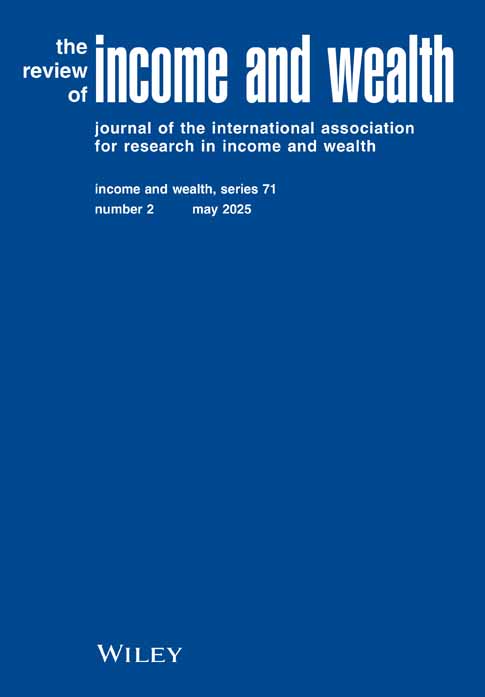Is Subjective Well-Being Insured Against Income Shocks? Evidence From 20-Year Panel Data in South Korea
Funding: This work was supported by the National Research Foundation of Korea (NRF) grant (NRF-2023S1A5B5A17084329).
ABSTRACT
Using 20 years of nationally representative panel data in South Korea, we estimate how life satisfaction responds to income shocks. We document that unexpected income changes significantly impact an individual's life satisfaction, and the magnitudes depend on the persistence of income shocks. We find that permanent income shocks substantially penetrate life satisfaction, while transitory income shocks have minimal impact. We also find that life satisfaction regarding external factors such as family income and leisure activities is more sensitive to income shocks than life satisfaction related to social relationships. Our findings imply that it is critical for the government to address persistent income losses in the economy (e.g., long-term unemployment driven by skill-biased technological changes or work-limiting disability) as a means to improving social welfare.
Conflicts of Interest
The authors declare no conflicts of interest.




